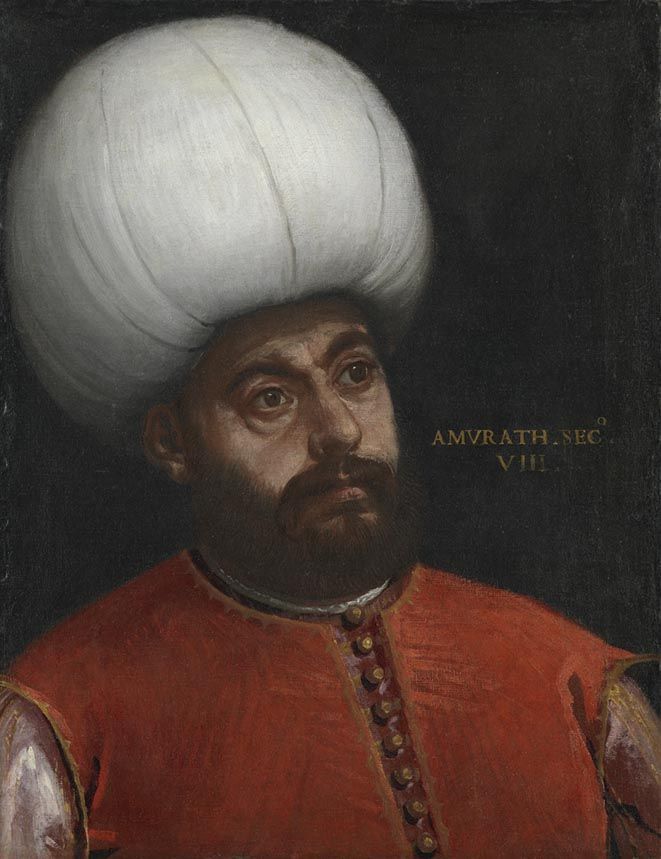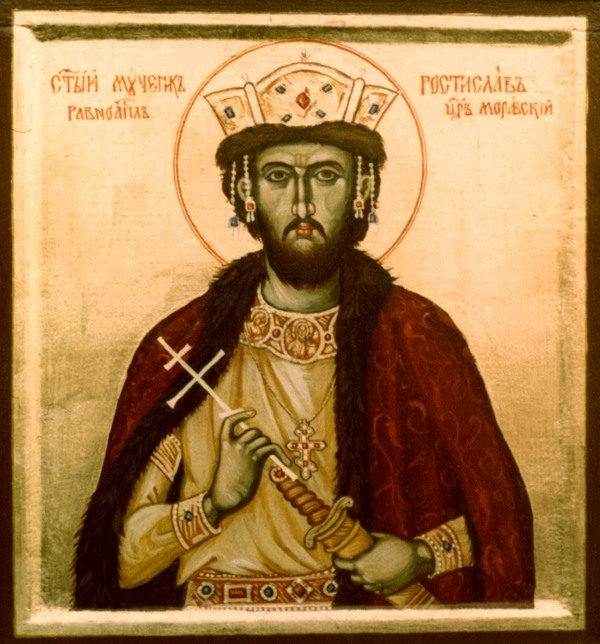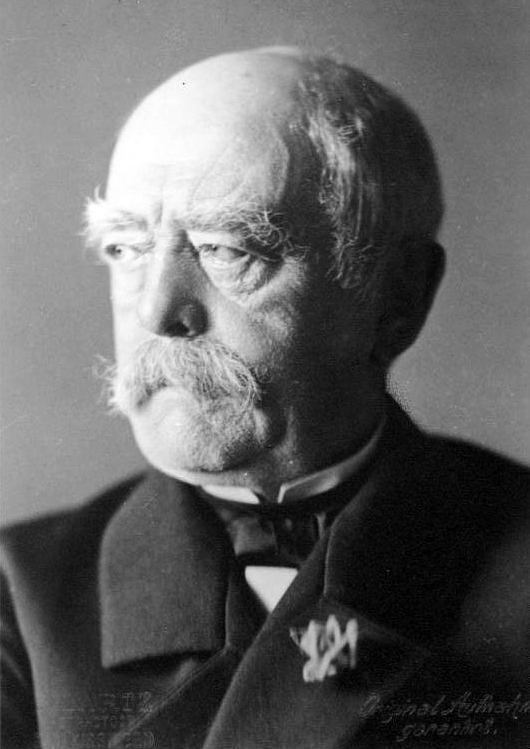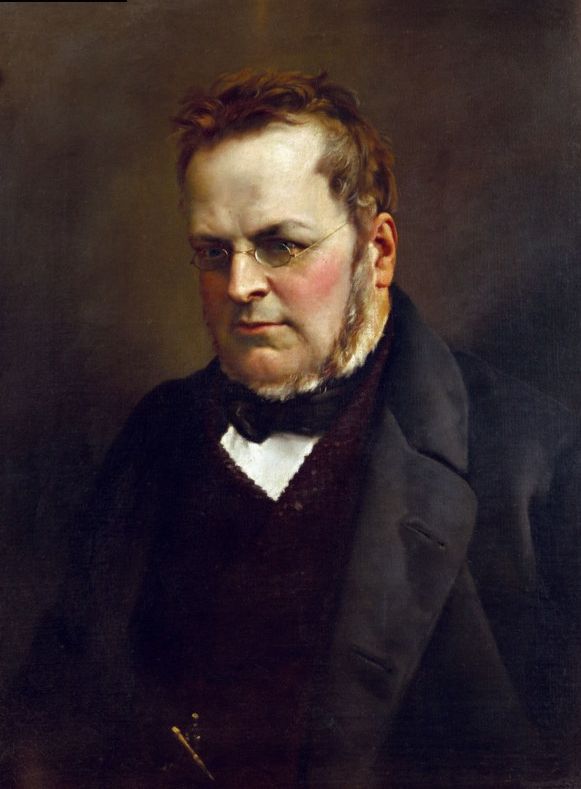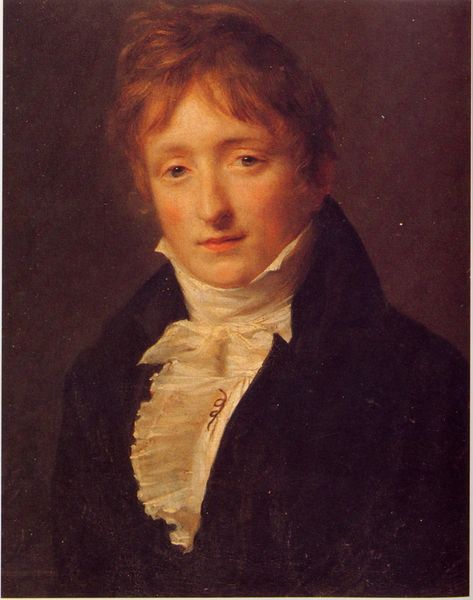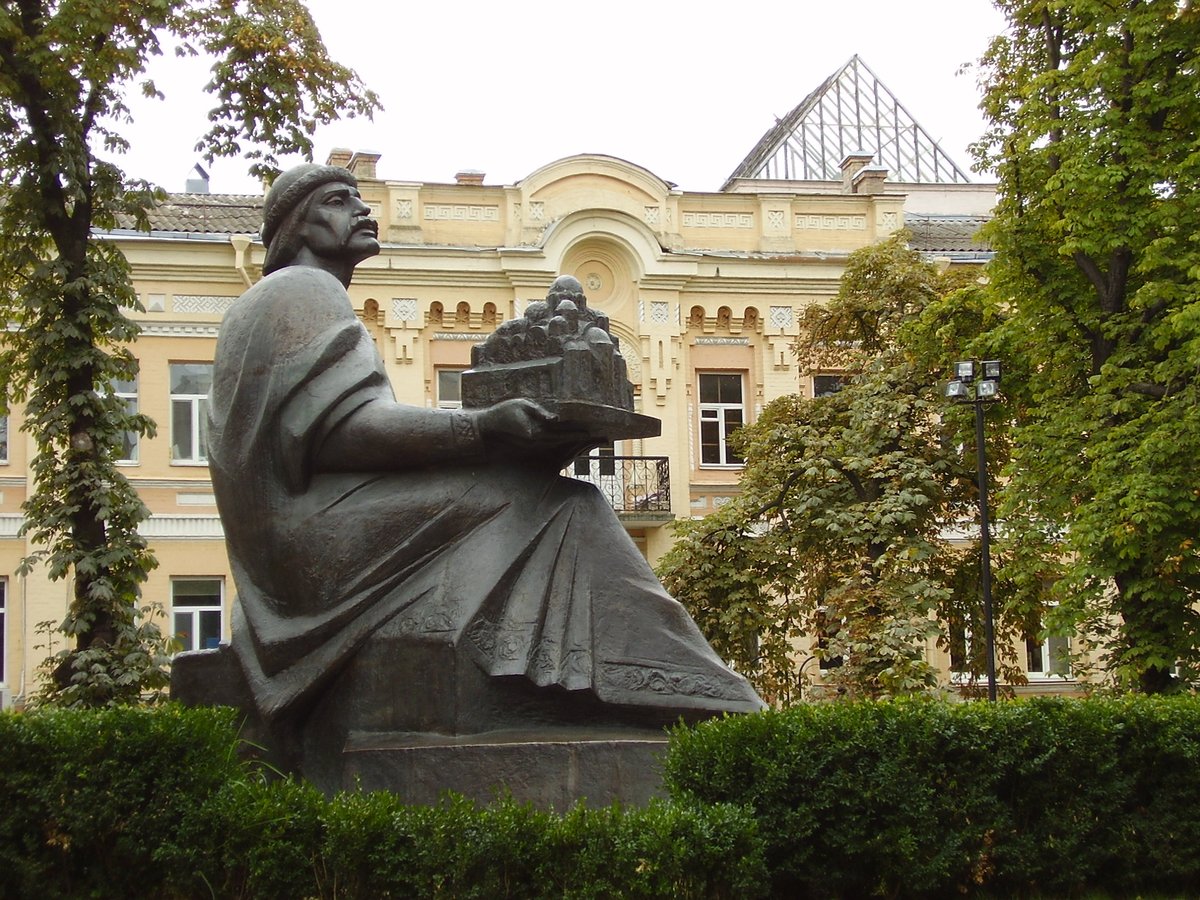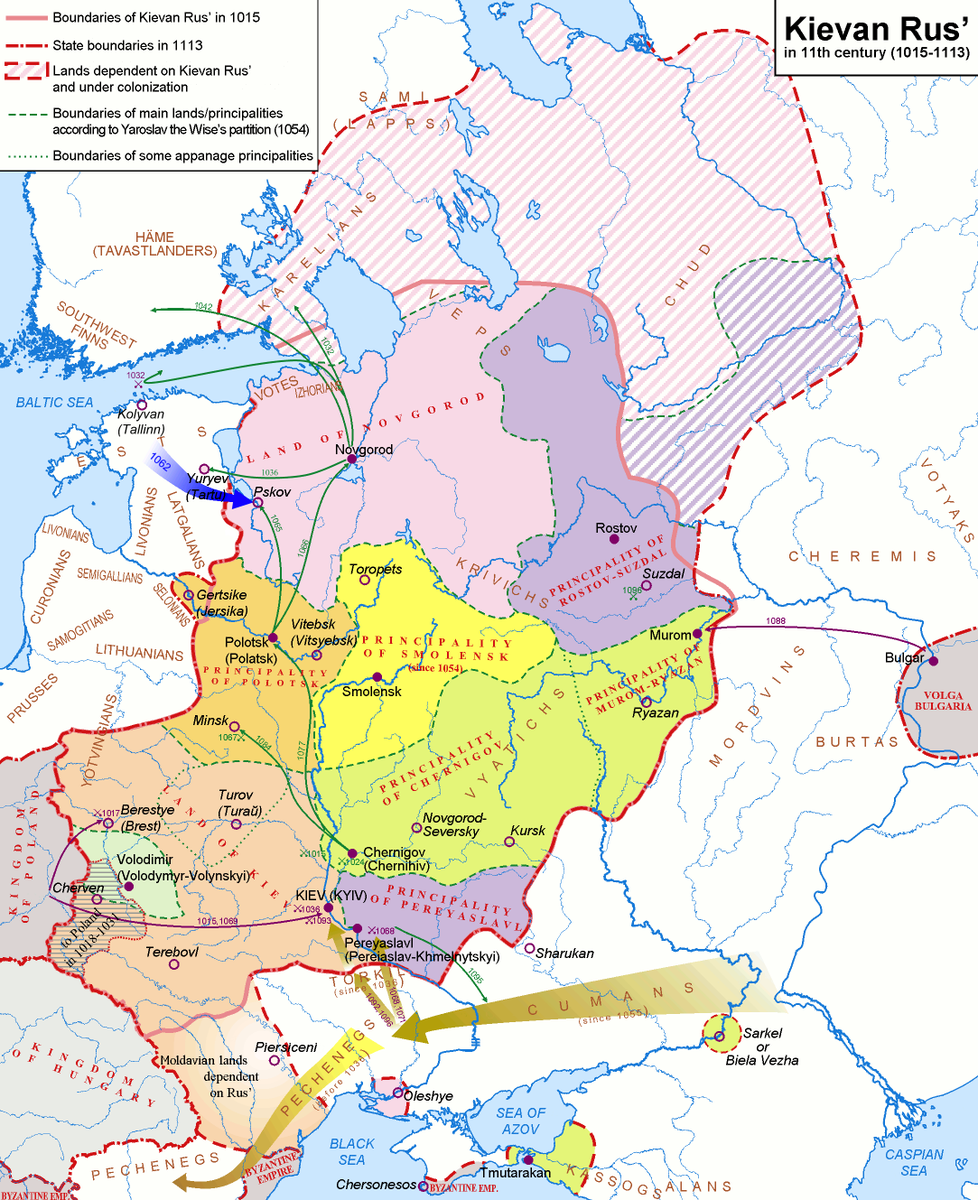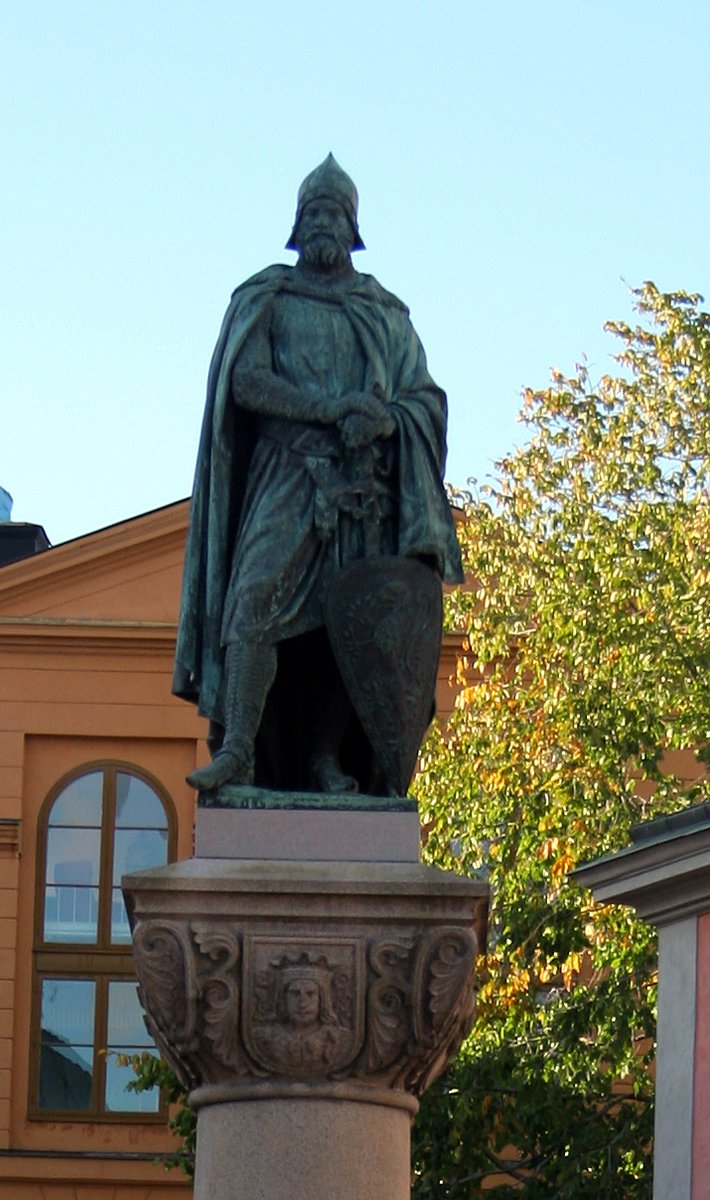Ruler of an ancient nation, a rebellious Prince, conquerer of a holy city and a King who visited his nation only four times as King.
Story in the evening ...
Story in the evening ...
https://twitter.com/Arby_K/status/1417310813761671175
Richard was born in 1209 to King John of England and Countess Isabelle of Angoulême. In the middle of a civil war in 1216, King John died and was succeeded by his elder son, Henry. The English barons had allied with French Prince, Louis, to overthrow King John. 1/10 

William Marshal, the Regent for King Henry, turned the tide in favour of the King by pacifying the barons and defeating the French at Lincoln in 1217.
In 1225, Henry made Richard Earl of Cornwall. Cornwall was an ancient region, a Celtic Kingdom during Anglo Saxon times. 2/10

In 1225, Henry made Richard Earl of Cornwall. Cornwall was an ancient region, a Celtic Kingdom during Anglo Saxon times. 2/10


Cornwall was a base for the Celtic tribe Dumnonii and was an exporter of tin to Europe before c. 1,000 BC. Dumnonia was separated from other Celtic Kingdoms of Britain around 577, but it would take till 838 for the West Saxon Kingdom (Wessex) to capture Cornwall. 3/10 

Richard tried to make Cornwall his base banking on Arthurian legends. His actions often put him in conflict with his brother, like siding with barons against his brother or opposing their sister's marriage to Simon de Montfort. But the brothers would eventually reconcile. 4/10 

In 1239, Richard set out for a Crusade, leading the English contingent. Jerusalem had been lost to the Ayyubids earlier in the year and Richard brought back Jerusalem and Ashkelon to the Crusader side. He returned to England in 1241, after fortifying Ashkelon. 5/10 

In 1245, his brother-in-law, Friedrich, Holy Roman Emperor & King of Germany, was excommunicated by the Pope. Richard was proposed as an alternate to Friedrich, but someone else got elected. In 1256, opportunity knocked again and this time he was elected as King of Germany. 6/10 

Though Richard was crowned in Aachen in 1257, he was opposed by King Alfonso X of Castile, who was also elected as King by another set of German nobles. His stay in Germany was brief as he returned to England to help his brother overthrow provisions imposed by Parliament. 7/10 

The overthrow led to another war with the barons, and the Kings Henry and Richard had to fight against the English barons led by their brother-in-law, Simon de Montfort. Defeat at Lewes led to Richard's and crown prince Edward's imprisonment. 8/10 

But Edward escaped and Montfort steadily lost allies when the royals and barons met again at Evesham in 1265. This time the victory was for the King and Montfort met his death. Richard was subsequently freed.
In late 1268, Richard went to Germany, the fourth visit as King. 9/10
In late 1268, Richard went to Germany, the fourth visit as King. 9/10

Richard died in 1272, leaving two legitimate sons, both of whom died childless. The ambiguity over the rule in Germany would be completed only after the Battle on the Marchfeld in 1278, when Rudolf of Habsburg defeated Ottokar of Bohemia. 10/10 

• • •
Missing some Tweet in this thread? You can try to
force a refresh


